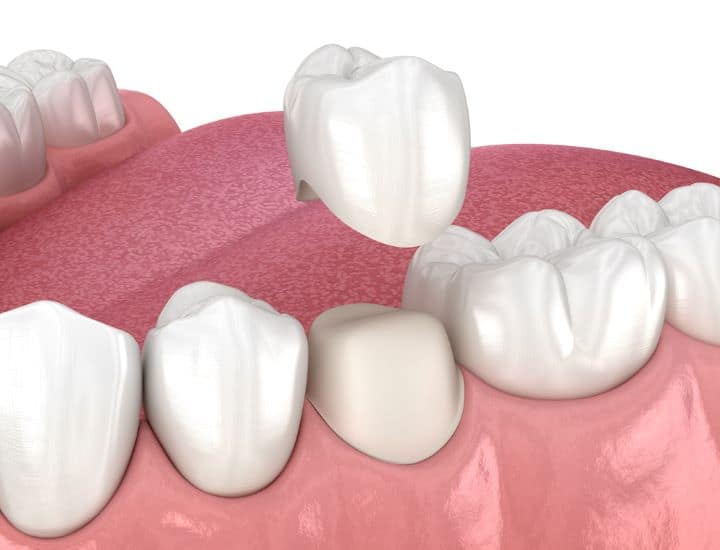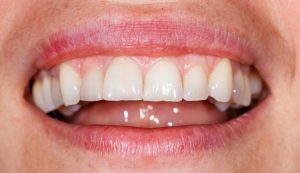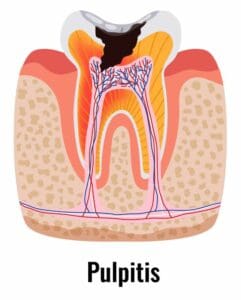Implant-supported dentures are a kind of overdentures that are fixed to dental implants that have been surgically inserted into the jawbone, providing a reliable and long-lasting remedy for tooth loss.
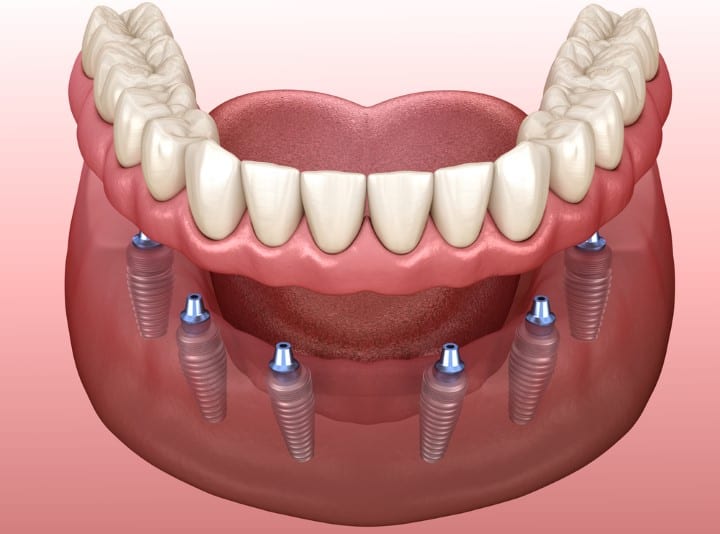
Implant-supported dentures feel more natural and convenient to the denture wearers compared to conventional dentures, which just lay on the gums.
Implant-supported dentures are perfect for replacing missing teeth in individuals with enough jawbone to accommodate implants.
These dentures provide a useful fusion of contemporary dental technology and classic prosthetic design thus being an excellent alternative to traditional dentures especially when the entire arch is involved.
Implant Denture vs Traditional Denture
Implant supported dentures can be of 3 types- removable, non-removable and the ones that can only be removed by a dentist. Contrarily, traditional dentures are removable dentures only.
Implant supported dentures also engage the jawbone just as the natural teeth roots and stimulate the nerves to maintain vitality. Traditional full dentures, on the other hand, cause bone loss since these dentures rest on the jawbone.
Chewing and speaking are more convenient with implant supported dentures since these dentures are made more stable than conventional dentures and you can have the confidence that it won’t dislodge from its position.
Implant dentures are designed to be the best possible full-mouth tooth replacement type of denture. Even partial dentures can be implant retained.
Benefits of Implant Retained Dentures/ Fixed Dentures
Durability
Dentures supported by implants are particularly stable and long-lasting. Because of their direct anchoring into the jawbone, which offers a foundation similar to the roots of natural teeth, they last far longer.

This stable positioning not only provides a long-term fix but also aids in maintaining the structure of the jawbone, avoiding the bone loss typical with conventional dentures.
Compared to traditional dentures, the integration of the implants with the bone results in less wear and tear, which reduces the need for replacements and adjustments over time.
Comfort
Backed by implants, these dentures offer unmatched comfort. Conventional dentures frequently cause problems like sliding, gum inflammation, and food sensitivity.
On the other hand, dentures supported by implants provide a snug fit that feels quite similar to real teeth. They make eating a greater variety of foods possible and less painful by distributing bite forces equally throughout the jaw.
With a snug fit, there’s no need to worry about your dentures falling out, which gives you more confidence when dining and interacting with others.
Natural Appearance
The aesthetics of implant-supported dentures are far better than those of traditional options because they are made to match the color and shape of your teeth exactly, giving a seamless and natural appearance.
Unlike traditional dentures, which can sometimes look artificial, these carefully crafted dentures are virtually indistinguishable from natural teeth, resulting in a rejuvenated smile that improves facial structure, increases self-esteem, and boosts oral health.
Concerns and Questions for Implant supported denture
Procedure
Implant retained denture fitting is a multi-step process.
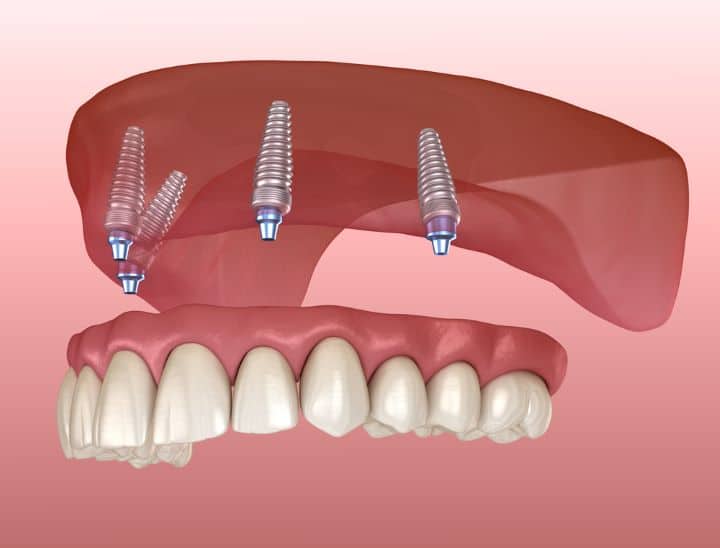
To establish suitability for an individual, a thorough dental examination and consultation are the first steps. Some of the pre-requisites for an ideal candidate are-
- Bone density- adequate bone density is required to allow for the implant to transfer the oral pressure to the bone. This is the reason why children cannot get dental implants until their bones have matured completely. Weak bone will lead to implant failure. However, bone grafts can help up to an extent for those who lack appropriate bone strength.
- Gum health- gum diseases lead to implant failures. Therefore, healthy, disease-free gums are required to get an implant. Proper care of the oral health is one of the prerequisites.
- Overall health- candidates with comorbidities such as uncontrolled diabetes have high chances of implant failure. Moreover, the procedure requires sedation and recovery which is not very smooth for candidates with comorbidities. The same goes for immunocompromised individuals and those with blood disorders.
Once you are found fit candidate for implants after a thorough oral examination and a couple of radiographs, your dentist will prepare you for the procedure in which the jawbone is surgically modified to accommodate fixed implants, and then the implants are placed in the jawbone.
Implant placement is a surgical procedure that will require sedation and recovery. The implant system will be decided depending on the need as well as the structure of the upper or lower jawbone. The number of implants can vary from just two implants to support to four to six implants.
There is a healing period after the dental implant surgery, during which the implants and bone fuse, a process called osseointegration. This stage, which takes between three and six months, is essential to the dentures’ stability.
The dentures are created to order and put onto the implants when the wounds have healed. Then these dentures are attached to dental implants. Dentures are held in place by implants through sockets that fit onto ball-shaped connectors on the implant.
To maintain both functionality and appearance, patients are frequently provided with temporary dentures throughout this procedure which are eventually replaced by a final denture or a fixed implant denture. These can be upper or lower jaw dentures or both.
Cost
Dentures supported by implants are an investment in your dental health. Because of the surgical processes and higher-quality materials utilized, the initial cost is usually more than with ordinary dentures.
Moreover, a bone graft procedure will add to the cost.

On the other hand, they are frequently a more affordable option in the long run due to their resilience and decreased maintenance requirements.
Implants are becoming more and more affordable thanks to financing alternatives and the increased coverage provided by many dental insurance plans. In USA they can cost anywhere from $7,500 to $13,000 for a two-implant one.
Maintenance
Dentures supported by implants require simple maintenance, much like natural teeth. Frequent dental examinations, flossing, and brushing are necessary.
Good oral hygiene is essential to avoid problems like gum disease and to preserve the longevity of the implants and dentures, even though they are more durable and less prone to damage than traditional dentures.
Regular dental checkups are also crucial to ensure that the dentures fit properly and the implants are in good condition.
Conclusion
For people looking to replace lost teeth, implant-supported dentures provide a contemporary option that combines comfort, practicality, and beauty.
They offer a robust, long-lasting, and aesthetically pleasing substitute for conventional dentures.
We advise setting up an appointment with a dentist to go over your individual needs and suitability if you’re thinking about this option and also the questions you may have regarding implant options or other ways to replace missing teeth.
Remember that purchasing implant-supported dentures will improve your quality of life in addition to restoring your smile while also needing diligent dental care to reduce the risk of oral infections.



